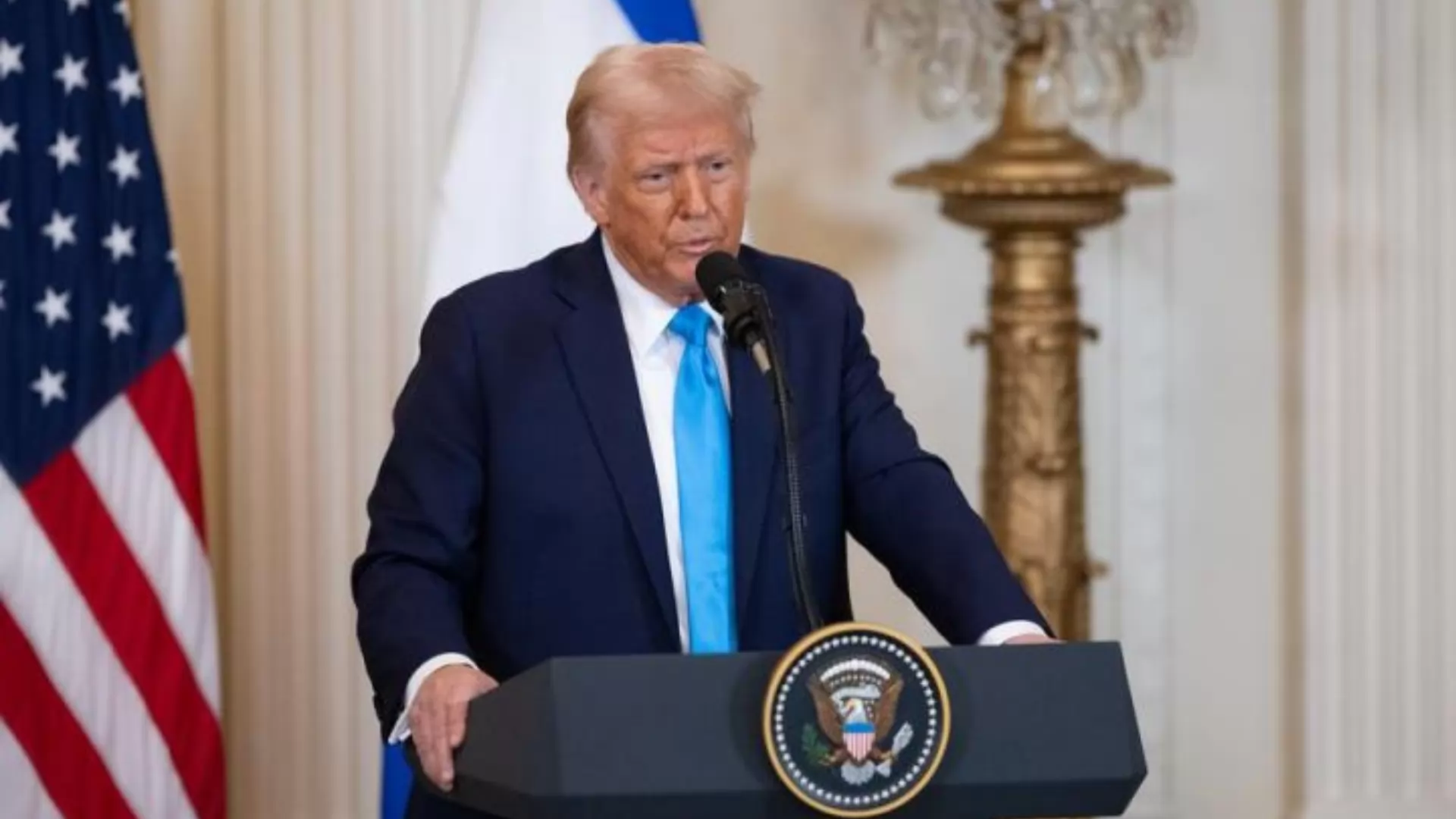
Crypto News
Could Be a Surprise! This Altcoin May Skyrocket If October 2025 ETF Gets Approved!
/index.php
Bisnis | Ekonomi - Posted on 09 July 2025 Reading time 5 minutes

U.S. President Donald Trump has reignited global trade tensions by announcing an additional 10% import tariff on countries affiliated with anti-American policies under the BRICS bloc. This statement was posted on Truth Social on Sunday morning, coinciding with the BRICS Summit in Brasília.
"Any nation allied with the anti-American BRICS agenda will face an additional 10% tariff. There will be no exceptions to this policy!" Trump declared, as quoted by Reuters.
BRICS has now expanded into an alliance of 11 countries, including Brazil, Russia, India, China, and South Africa, along with new members such as Indonesia, Iran, and the United Arab Emirates.
Trump has yet to specify which nations will be subject to the additional tariffs. However, this move complements the existing U.S. global tariff policy, which currently ranges from a baseline of 10% to a maximum of 70% applied to earlier trade partners.
Trump's decision swiftly shook global financial markets. The South African rand weakened by about 1% against the U.S. dollar, falling to 17.7550/USD, while South African government bond yields rose by 9 basis points, reflecting market concerns over potential trade disruptions. The BRICS bloc officially condemned the U.S. tariff policy, calling it a violation of WTO multilateral trade principles and warning that it could undermine the global trade architecture.
China also issued a strong response. The Chinese Ministry of Foreign Affairs emphasized that a trade war would only lead to mutual losses and sharply criticized the use of tariffs as a political pressure tool.
This additional tariff policy is part of the broader “Liberation Day” trade agenda, which began in April 2025. Trump invoked the International Emergency Economic Powers Act (IEEPA) to implement the baseline 10% tariff, while higher tariffs are applied based on the dynamics of bilateral trade relations.
Formal tariff notifications were sent to trade partners on Monday at 12:00 PM ET. The new tariffs are scheduled to take effect on August 1, 2025, following an initial diplomatic deadline on July 9.
Beyond impacting exchange rates and bond yields, this policy risks exacerbating global supply chain disruptions, driving up import prices, and increasing inflationary pressures in affected countries.
For emerging economies that recently joined BRICS, the risks are even greater. The combined burden of a 10% additional tariff, a 10% baseline tariff, and potential sectoral tariffs of up to 70% could severely hit their exports in manufacturing, agriculture, and automotive sectors. This move reflects Trump’s strategy to pressure BRICS nations into opening dialogue or avoiding policies contrary to U.S. interests, including the bloc's de-dollarization efforts.
South Africa is reportedly negotiating a revision of its trade agreements, hoping to secure an extension of the deadline while stressing that it has no anti-American intentions.
Indonesia, a recent BRICS member, is said to be in talks with the U.S. over tariff adjustments. Indonesia has reportedly offered to purchase US$500 million worth of American products, including 75 Boeing aircraft, to offset potential tariffs that could reach 32%. The BRICS bloc, as a whole, has called for international trade to remain inclusive and compliant with WTO rules, rejecting unilateral actions that are seen as harmful to global trade.
The additional 10% tariffs imposed by the U.S. on BRICS nations deemed anti-American mark a new chapter in Trump’s global trade war escalation. This move is expected to increase global market uncertainty and complicate efforts to maintain international trade stability.
What do you think about this topic? Tell us what you think. Don't forget to follow Digivestasi's Instagram, TikTok, Youtube accounts to keep you updated with the latest information about economics, finance, digital technology and digital asset investment.
DISCLAIMER
All information contained on our website is summarized from reliable sources and published in good faith and for the purpose of providing general information only. Any action taken by readers on information from this site is their own responsibility.